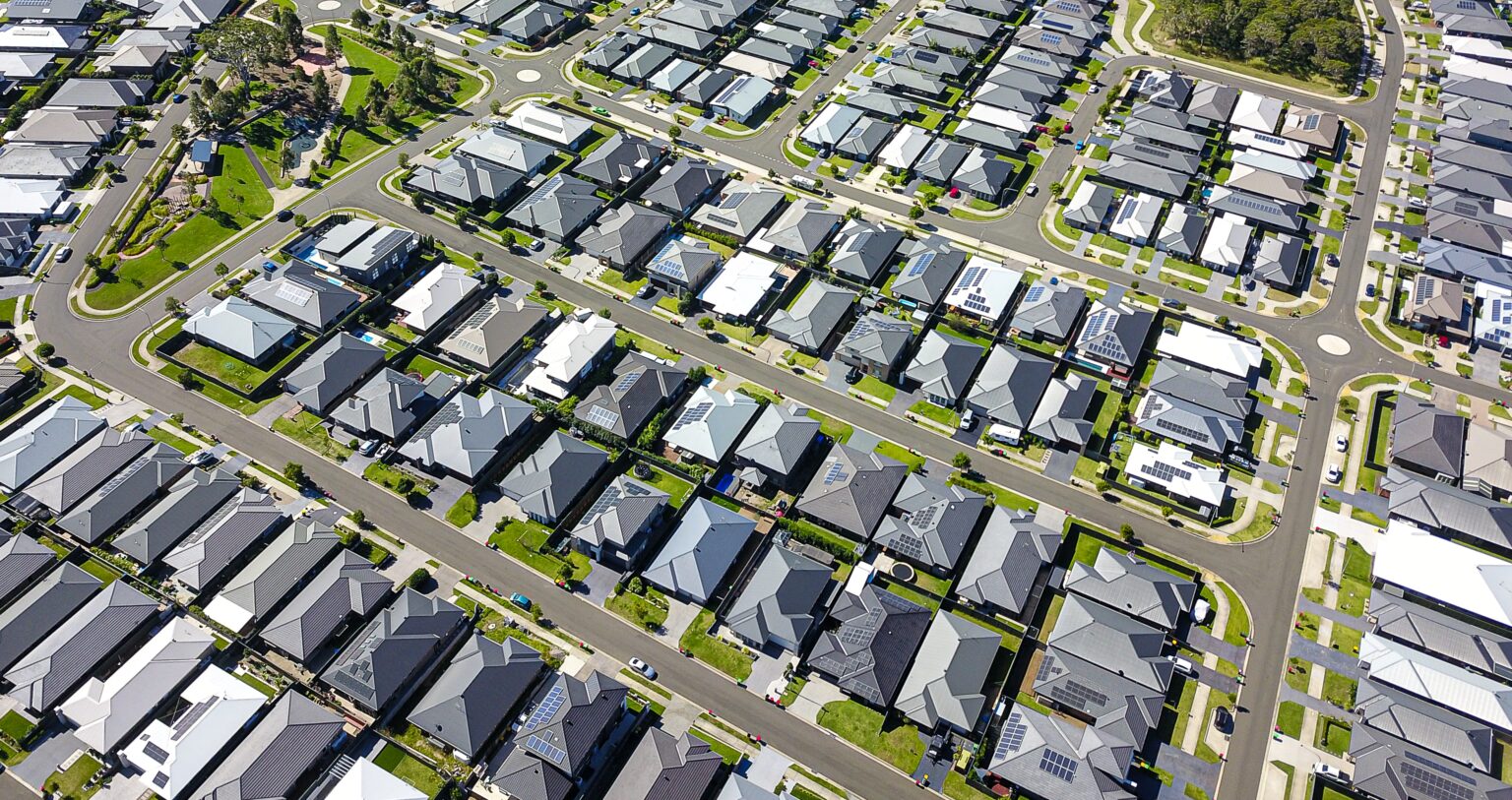Juristic Person: Dealing with Homeowner associations and building management


Many homebuyers may not know what a "Juristic Person" does. You may have heard they collect common area fees for amenities and services. But, you may not know who these juristic persons are. Are juristic persons in housing estates and condominiums the same? And what are their responsibilities beyond collecting fees? To answer these questions, PropertyScout will provide you with the information you need.
What does a Juristic Person do?

The best place to start off is to understand what a juristic person does. A juristic person does property management, which involves ongoing care, maintenance, and upkeep of property. This ensures that residents can use their property effectively and safely, adding lasting value to the community.
According to the legal provisions of the Land Allocation Act of 2000 (B.E. 2543), a juristic person is formed when the property developer or land allocator:
- Sells allocated land exceeding half of the approved number of plots.
- Completes the construction of public utilities according to the project plan.
- Receives approval for the construction of public utilities according to the project plan from the Provincial Land Allocation Committee.
- Prepares a contract for the maintenance and upkeep of public utilities.
Juristic Person Types
When it comes to juristic persons, there are two main categories. "Juristic persons for condominiums" and "juristic persons for housing estates." Both help maintain the well-being of their projects for the benefit of the residents. Now, let's take a closer look at how these two types of juristic persons differ in their roles.
Juristic Person for Condos

A condominium juristic person is a management team structured as a company. They manage, oversee, and maintain various assets in condos' common areas. Each project may have its own set of rules and regulations that differ from one another.
Juristic Person for Housing Estates

A juristic person for a housing estate, established by law, is a management team managing the assets within the housing project. They are responsible for both the common areas and various public utility systems within the community. They also take on the duties of the property developer.
Also , there must be homeowner representatives within the project. They become members of the juristic person for the housing estate. Every homeowner has the right to elect members of the management committee of the juristic person. This ensures that there is a community-driven effort to maintain the housing estate. with homeowner members participating in its management and upkeep.
Scope of Responsibilities
For Condos
- Carry out duties according to established policies and regulations for the residents, which must receive approval from the Condominium Juristic Person Committee and comply with the Condominium Act of 1979 and the regulations of the condominium juristic person.
- Ensure the safety within the condominium project.
- Manage and maintain all common buildings and assets to prevent deterioration and ensure cleanliness.
- Assess the condition of common areas and propose improvement plans to the residents.
- Maintain order and harmony within the project to provide a peaceful living environment for all owners.
- Administer the collection of common area fees from the residents and budget for all related expenses associated with common areas.
- Conduct various meetings such as annual general meetings, public relations, and communication activities, as well as organize events related to community living for the residents.
For Housing Estates
- Fulfill duties in accordance with the regulations of the Land Allocation Act of 2000 and the establishment of a juristic person for the housing estate.
- Maintain and oversee common areas and public utility systems within the project, such as roads, community parks, playgrounds, clubhouses, and all communal garden areas, to prevent deterioration.
- Manage electrical infrastructure and lighting systems within the common areas of the project.
- Supervise parking arrangements along the community roads to ensure a smooth experience for residents.
- Ensure cleanliness and waste management, including garbage collection in front of every house.
- Prioritize the safety of residents within the housing estate.
- Assess the condition of common areas and present improvement plans to residents.
- Maintain order and harmony within the project to provide a peaceful living environment for all owners.
- Administer the collection of common area fees from the residents and budget for all related expenses associated with common areas.
Bottom Line
And that's a wrap on housing and condo juristic persons. Before we go, we'd like to say that both types of juristic persons are beneficial to residents. They help create a more organized management system within the project and reduce internal conflicts. Also, juristic persons enhance residents' confidence in safety. They make sure that amenities are well-maintained. They also contribute to ongoing improvements. Residents can also voice concerns or questions at general meetings.
We hope this article was informative and helpful. If you have any comments or questions, please feel free to leave them in the comments section below.
Looking for a well-organized condo or housing project that welcomes you with open arms? Get in touch with us today to make sure your next move is worth your every penny!



